MORE IMPORTANT INFORMATION ABOUT YOUR TRAVEL TO Nienburg
The Train station is located at the center of Nienburg
Nienburg, meaning "new castle", may refer to the following locations in Germany: Nienburg (district), Lower Saxony Nienburg, Lower Saxony Nienburg station Nienburg II – Schaumburg, a German parliament constituency Nienburg, Saxony-Anhalt Nienburg Abbey, a Benedictine monastery Nienburg (Verwaltungsgemeinschaft), a collective municipality, disbanded in 2010
Source:
WikipediaADDITIONAL INFORMATION ABOUT Hanover
The Train station is located at the center of Hanover
Hanover or Hannover (; German: Hannover [haˈnoːfɐ]; Low German: Hannober) is the capital and largest city of the German state of Lower Saxony. Its 535,061 (2017) inhabitants make it the thirteenth-largest city in Germany as well as the third-largest city in Northern Germany after Hamburg and Bremen. The city lies at the confluence of the River Leine (progression: Aller→ Weser→ North Sea) and its tributary Ihme, in the south of the North German Plain, and is the largest city in the Hannover–Braunschweig–Göttingen–Wolfsburg Metropolitan Region. It is the fifth-largest city in the Low German dialect area after Hamburg, Dortmund, Essen and Bremen. Before it became the capital of Lower Saxony in 1946 Hanover was the capital of the Principality of Calenberg (1636–1692), the Electorate of Hanover (1692–1814), the Kingdom of Hanover (1814–1866), the Province of Hanover of the Kingdom of Prussia (1868–1918), the Province of Hanover of the Free State of Prussia (1918–1946) and of the State of Hanover (1946). From 1714 to 1837 Hanover was by personal union the family seat of the Hanoverian Kings of the United Kingdom of Great Britain and Ireland, under their title of the dukes of Brunswick-Lüneburg (later described as the Elector of Hanover). The city is a major crossing point of railway lines and motorways (Autobahnen), connecting European main lines in both the east-west (Berlin–Ruhr area/Düsseldorf/Cologne) and north-south (Hamburg–Frankfurt/Stuttgart/Munich) directions.
Source:
WikipediaImages of the trains for your trip


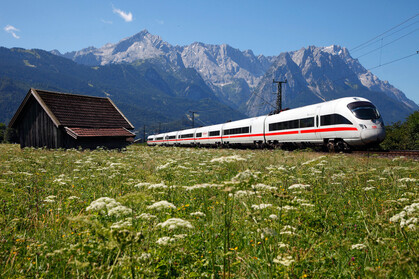

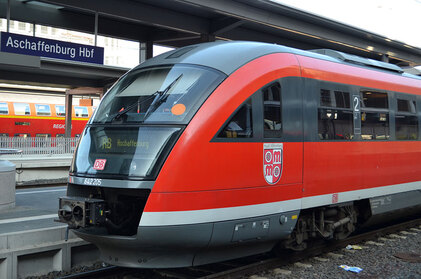







Where Can You Travel With Us?
TAKE A LOOK AT OUR MAP
France
Italy
Netherlands
Luxembourg
Austria
Germany
Belgium
Switzerland
Denmark
Sweden
Norway
Hungary
Czech
Ukraine
China
Active
France, Italy, Netherlands, Luxembourg, Austria, Germany, Belgium, Switzerland, Denmark, Sweden, Norway, Hungary, Czech, Ukraine, China
Upcoming
USA, Canada, Spain, Poland, Japan
Other Train Trips From Hanover

Hanover to Wolkramshausen

Hanover to Breisach

Hanover to Lauf Links Pegnitz

Hanover to Falkenberg Elster

Hanover to Teterow

Hanover to Stuttgart Vaihingen

Hanover to Priemerburg

Hanover to Bad Sachsa

Hanover to Bad Bergzabern

Hanover to Feldhausen

Hanover to Voerde Niederrhein
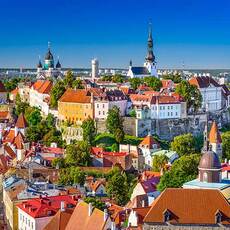
Hanover to Kempen Niederrhein
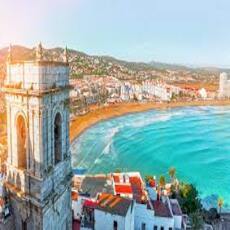
Hanover to Marktredwitz

Hanover to Schwenningen Neckar

Hanover to Wittlich

Hanover to Nidda

Hanover to Bremerhaven Wulsdorf

Hanover to Guenzburg

Hanover to Suhl

Hanover to Hanover Airport

Hanover to Ahlhorn

Hanover to Freiburg Messe

Hanover to Cottbus Sandow
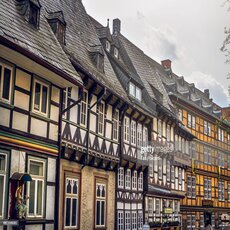
Hanover to Anklam

Hanover to Neheim Husten
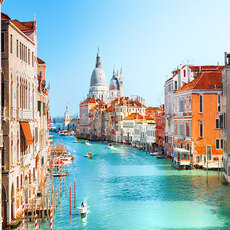
Hanover to Oy Mittelberg

Hanover to Reutlingen

Hanover to Saint Georgen Schwarzwald

Hanover to Korntal
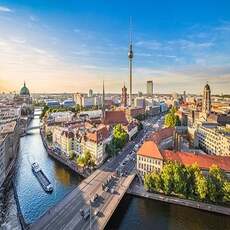
Hanover to Ascheberg Holst
WHY YOU SHOULD TRAVEL BY TRAIN?
To travel from Hanover To Nienburg, trains would be the best travel choice, for several reasons:
1
Eco-Friendly
Trains are the most environmentally-friendly way of transport to the EU Environment Agency. They are powered by electricity, which is renewable and has a low environmental impact.
2
Speed
Travelling by train is in most cases the fastest way to go from Rome to Milan. Trains usually travel at high speeds, making them the fastest way to get from one place to another.
3
Safety
Travelling by train is one of the safest forms of transport. Trains are heavily regulated and monitored, making them safer than other forms of transport.
4
Price
Travelling by train is often cheaper than other forms of transport, such as flying or taking a bus. Trains are often subsidized by the government, making them cheaper than other forms of transport.
5
Luggage
Travelling by train is a great way to transport luggage. Trains usually have plenty of space for luggage and they are usually safe and secure.
6
Luggage
Travelling by train is often faster than other forms of transport, such as driving or taking a bus. Trains usually travel at high speeds, making them the fastest way to get from one place to another.
7
Comfortability
Travelling by train is usually very comfortable. Trains usually have comfortable seating and plenty of legroom, making them a great way to travel.
8
Comfortability
Travelling by train is a great way to get some sleep. Trains usually have comfortable seats and plenty of legroom, making them a great way to get some rest while travelling.
9
WIFI
This is not necessarily the most important when you travel since we prefer to tell you to enjoy your travel without your phones, but on trains, you can find WIFI onboard, so you remain connected to the internet if you choose to.
THESE ARE THE TRAIN OPERATORS WE WORK WITH




















